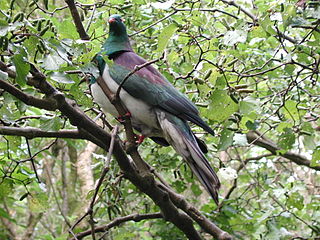 Food craving: strategies to divert your attention can be as simple as observing nature.
Food craving: strategies to divert your attention can be as simple as observing nature.Food cravings can be challenging, but there are several strategies you can try to manage them effectively. Here are some tips:
Recognize the craving:
The first step is to acknowledge that you're experiencing a food craving. Understand that it's a natural response and that craving is temporary.
Identify triggers:
Pay attention to what triggers your craving. It could be stress, certain environments, specific emotions, or even specific foods. Once you know your triggers, you can take steps to avoid or manage them.
Stay hydrated:
Sometimes, craving can be confused with thirst. Drink a glass of water when you feela craving coming on, and see if it subsides. Staying properly hydrated can help reduce cravings.
Distract yourself:
in activities that divert your attention away from the craving. Take a walk, listen to music, read a book, or call a friend. Engaging your mind and body in other tasks can help reduce the intensity of the craving.
Practice mindful eating:
When you do eat, do it mindfully. Slow down, savor each bite, and pay attention to the flavors and textures of the food. By practicing mindful eating, you can increase satisfaction and reduce the likelihood of overeating or giving in to a craving.
Choose healthier alternatives:
If you're craving something specific, try to find a healthier alternative. For example, if you're craving something sweet, opt for a piece of fruit or a small portion of dark chocolate. Finding healthier can help satisfy your craving while still making nutritious choices.options
Plan balanced meals: Ensure that your meals are balanced and include a combination of lean proteins, whole grains, healthy fats, and plenty of fruits and vegetables. A balanced diet helps keep you satiated and reduces the likelihood of intense cravings.
Get enough sleep: Lack of sleep can increase cravings, particularly for high-calorie, sugary foods. Aim for seven to eight hours of quality sleep each night to support overall well-being and reduce the likelihood of cravings.
Manage stress: Stress can contribute to food cravings, especially for comfort foods. Find healthy ways to manage stress, such as practicing yoga, meditating, engaging in hobbies, or seeking support from loved ones.
Seek support: If food craving is a persistent challenge for you, consider seeking support from a registered dietitian or a therapist who specializes in eating disorders. They can provide personalized guidance and strategies to help you cope with your craving effectively.
Information about Psychotherapy with Joanna
Joanna Poppink, MFT, is a psychotherapist in private practice specalizing in eating disorder recovery. She is licensed in CA, OR, UT, FL and AZ. She specializes in eating disorders, anxiety, depression, PTSD and self doubt. Author of
All appointments are virtual. Ages accepted begin at 25 and go up, including seniors who are most welcome.
For a free telephone consultation e-mail her at
Remember, it's normal to have an occasional food craving, and it's important to find a balance between satisfying yourself and maintaining a healthy lifestyle.


Add comment